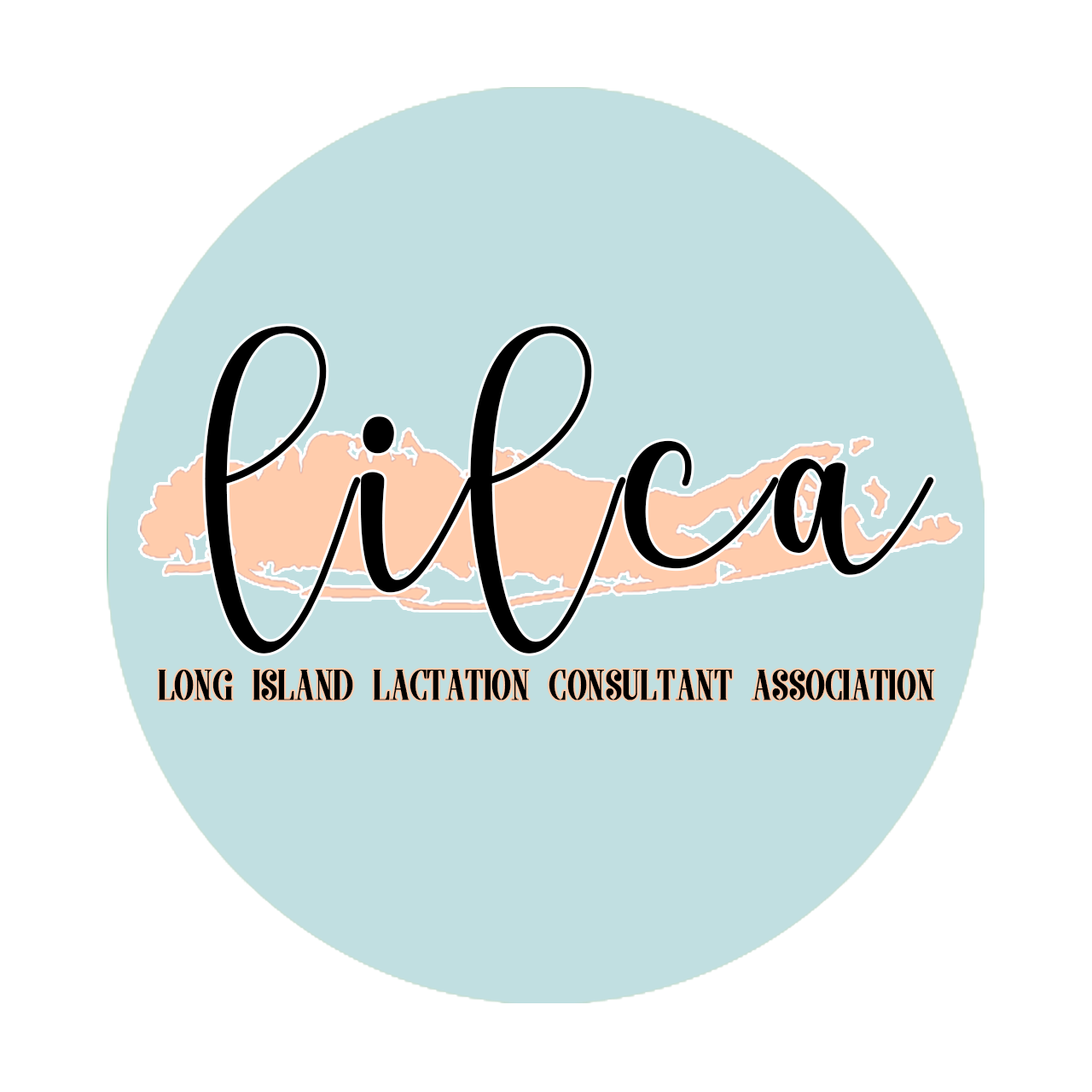What Is an IBCLC, When to Call One, and What are My Breastfeeding Rights?
What is a Lactation Consultant?
Among those who become IBCLCs are nurses, midwives, dietitians, physicians and experienced breastfeeding support counselors. IBCLCs work in a variety of settings including hospitals, clinics, physicians’ offices, neonatal intensive care units, human milk banks and private practice.
IBCLCs have passed a rigorous examination that demonstrates the ability to provide knowledgeable, comprehensive lactation and breastfeeding care. Attainment of the IBCLC credential signifies that the practitioner has demonstrated knowledge to:
- work together with mothers to prevent and solve breastfeeding problems
- collaborate with other members of the health care team to provide comprehensive care that protects, promotes and supports breastfeeding
- encourage a social environment that supports breastfeeding families
- educate families, health professionals and policy makers about the far-reaching and long-lasting value of breastfeeding as a global public health imperative.
Do I need a Lactation Consultant?
Mothers often recognize that a problem exists but do not know who in the health care team is the appropriate professional to call. Lactation consultants help women before baby is born, help in the post-partum period to get the best start, and support continued breastfeeding. For those situations which can be addressed prenatally, problems are often prevented and or minimized. Overall, the vast majority of problems which mothers encounter are temporary and resolvable.
Indications that a pregnant or new mother may require a Lactation Consultant:
- History of breast surgery
- Minimal or no breast changes during pregnancy
- Breast or nipple pain
- Engorgement
- Anxiety regarding lactation and breastfeeding
- Relactation or induced lactation
- Marked breast or nipple asymmetry
Indications that an infant may require a Lactation Consultant:
- No latch within 24 hours of life
- Persistent difficulty latching
- Inadequate diapers (less than 2-3 stools per day by day 3 OR less than 2 voids per day by day 2)
- Preterm or premature infants.
- Infants with special needs
- Infants fretful at breast (squirming, crying, pulling off breast)
- Inadequate weight gain


